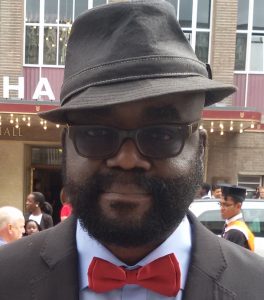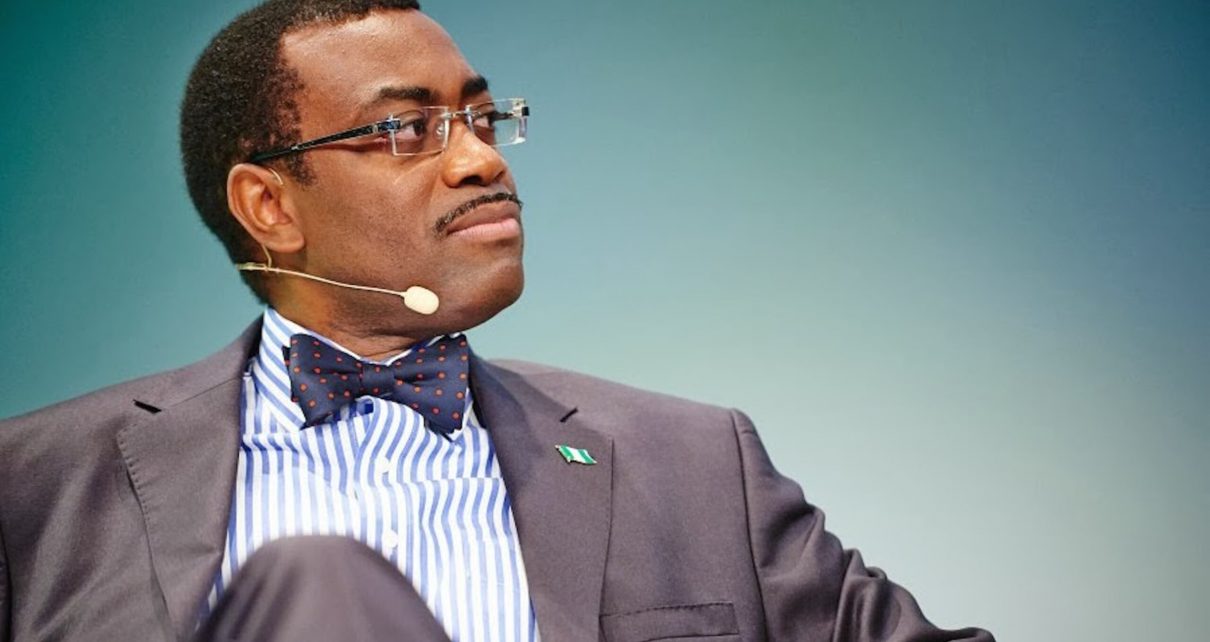
wole.olaoye@gmail.com
“Do not judge a runner by the challenges he or she faces, or the strains on their legs as they run, or even the grimaces on their faces; judge them at the finish line. Africa will finish its race for development well, against all odds!” That is the prediction of the President of the African Development Bank (AfDB), Dr Akinwumi Adesina.
A cheering prediction indeed.
Last week, the world marked Africa Day. The African Public Relations Association (APRA) held its annual conference virtually in line with the ‘new normal’. APRA prides itself in creating an enabling professional environment for accurate perception, goodwill and understanding of necessary and effective performance of Public Relations practice in Africa. Its annual intellectual fiesta usually draws stakeholders from around the world with the aim of heralding a more positively perceived and prosperous Africa.
Delegates and guests from 26 countries attended the 2021 edition.
Nobody else could have set the tone for the conference but the president of the continent’s foremost development financial institution, AfDB — the same bank recently named as the “Best Multilateral Financial Institution in the world for 2021” by the frontline US magazine, Global Finance. The theme of the conference was “One Africa! March to economic integration and the role of Public Relations in the era of Covid-19”
Adesina is so upbeat about Africa that he has been tagged the continent’s ‘Optimist-in-Chief’. What is he seeing which others are not seeing? Or, rather, in what way is the African story being re-written through the instrumentation of developmental interventions by the AfDB and how can the rest of the continent buy into his admittedly noble dream?
The first plea made by the AfDB president is that Africans have to do themselves a favour: Stop de-branding the continent! Some of the most negative stories being shared about Africa are authored by Africans themselves. While not advocating the denial of verifiable reality, Adesina advocates self-love. There are many positive things about Africa, he notes, than the usual staple of wars, famine, disease and poverty.
Among the public relations practitioners who formed the bulk of the audience were champions in branding, messaging and reputation management. They couldn’t agree more with Adesina that if you don’t say, ‘I am’, the rest of the world is not compelled to acknowledge ‘Thou art’.
“We need you as partners in public relations and the media to help curate and disseminate these success stories. Success stories of Africa’s progress on its path towards the actualisation of the Africa we want, as set out in the Agenda 2063 of the African Union! Your role is critical to ensure that people are inspired by gains being made on Africa’s journey to prosperity”, said Adesina.
He gave examples of how the work of the African Development Bank impacts the lives of ordinary people. Ms. Jamila from Ghana benefitted from access to improved agricultural technologies through AfDB’s Savanna Agricultural Productivity Project. Her testimony: “The Bank’s program has allowed me to expand my cultivated area by 9,000%. Now I will purchase a mechanised harvester for my crops”. From Ethiopia one of the female farmers said, “I built my house from the proceeds of my farm and now I can support my four children in school”; while Ms. Grace from Kenya noted that the Bank’s support has allowed her to get access to electricity in her village: “We once were in darkness, now we can see”.
Adesina argues that there is no continent without its own peculiar problems and that anyone with an eye on the future cannot ignore Africa. Because of the crucial role that public relations professionals can play in transforming the continent, the AfDB now plans to initiate a new strategic partnership with the African Public Relations Association in order to help weave a beautiful tapestry of stories of resilience of a continent progressing against all odds!
Covid 19 ravaged the world. In Africa, 30 million people were pushed into extreme poverty. It is projected that another 39 million could fall further into extreme poverty this year. Foreign direct investment into Africa declined from $45 billion in 2019 to $27 billion in 2020. Similarly, portfolio investments declined from $27 billion in 2019 to $19 billion in 2020.
In response, AfDB announced a $10 billion Crisis Response Facility to support African countries in addressing the urgent health and economic effects of the pandemic and provided another $28 million grant to the Africa Centre for Disease Control to enhance its capacity to tackle the scourge.
Before Covid, Africa recorded the second fastest economic growth rate in the world. Foreign direct investment grew faster in Africa than anywhere else. Africa was also reforming its business environment. With the advent of Covid, GDP growth declined by 2.1%, the worst in over 25 years. It is noteworthy, however, that 13 African countries posted positive growth rates in the midst of the global recession. A cocktail of new challenges have since arisen but Adesina believes that Africa will bounce back. “The AfDB estimates that the continent’s GDP growth will bounce back to a positive trajectory of 3.4% this year”, he says.
To show what can be achieved if words are matched with action, AfDB has, in the last five years, positively impacted the lives of 335 million people: 20 million people obtained access to electricity; 74 million people obtained access to agricultural technologies for food security; 10 million people obtained access to finance; 69 million people got access to improved transport services through investments in infrastructure; and 43 million people got access to improved water and sanitation.
And the landscape is changing, courtesy of forward-looking projects that should propel trade and improve lives all over the continent: The landmark Sene-Gambia bridge linking Senegal and Gambia, the expansion of Togo container port which has increased its capacity three folds; the Kazungula bridge, linking Zambia, Botswana, Zimbabwe and Namibia; the 1,000 kilometres highway linking Addis-Ababa to Mombasa, through Nairobi; the Noor Ouarzarte project in Morocco (the largest concentrated solar power plant in the world); and the Lake Turkana wind power station, in Kenya, the largest of its kind in sub-Saharan Africa.
The Bank is now investing in the Desert to Power initiative in the Sahel region to construct the largest solar zone in the world which will provide electricity for 250 million people across eleven countries. Accelerating industrialisation could create up to 14 million stable jobs over the next decade. AfDB is also supporting 234,000 youths with digital skills to make them competitive in the digital world and create 9 million jobs. At the forthcoming African Investment Forum, AfDB and its partners have already prepared to showcase a pipeline of 230 projects valued at $208 billion.
Given all of the above, there is cause for optimism if — and only if — the serious security problems buffeting various parts of the continent are urgently addressed.
For public relations practitioners all over the continent, the 2021 APRA conference reinforced the clarion call on all professionals to protect and enhance the African brand. The achievements of the AfDB in Africa is a good signpost to the boundless possibilities of the continent. And who can tell that story better than those gathered at the annual feast of ideas? Several other insightful papers presented at the three-day virtual event reinforced the theme, “One Africa! March to Economic Integration and the Role of Public Relations”. And the worthy finale: the 2021 Sabre Awards Africa at which the best practitioners of the trade on the continent were presented Awards in various categories by the inimitable global PR icon, Paul Holmes.
If the conference was an oracle, its verdict would be that Africa is the new frontier of prosperity as long as the cobwebs of insecurity entangling the continent are cleared.
The president of APRA, Yomi Badejo-Okusanya of Nigeria, encapsulated the feelings of his colleagues all over the continent thus: “Africa must tell its own story. And there is no better person to tell it than the authentic storyteller on the continent: The African public relations practitioner!”


